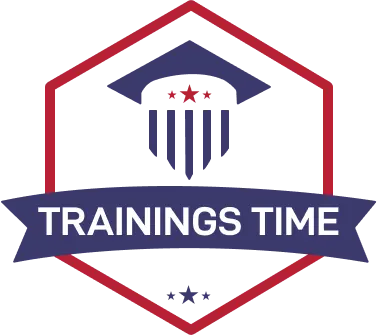On August 2, 2023, the National Labor Relations Board (NLRB) adopted a new burden-shifting standard for evaluating whether work rules infringe upon employees’ rights under Section 7 of the National Labor Relations Act (NLRA).
Employers will need to think carefully about how to defend some of their corporate policies, such as ones about cameras at a worksite, social media use, and appropriate workplace conduct, in light of a recent decision by the National Labor Relations Board (NLRB).
In Stericycle, an administrative law judge found that the employer violated the NLRA by maintaining certain policies for its employees that addressed personal conduct, conflicts of interest, and confidentiality of harassment complaints. The NLRB announced a new standard for whether work rules violate the NLRA and sent the case back to the judge to consider the ruling in light of the new standard.
Under that standard, if an employee could reasonably interpret the work rule to have a coercive meaning, the NLRB general counsel would have met her burden to prove that the rule has a reasonable tendency to chill employees from exercising their NLRA rights.
A code of conduct or other Employee Handbook policies will certainly be impacted by this decision. Other impacted policies would be nondisclosure agreements, confidentiality agreements, any policies requiring respectful conduct, or policies regulating social media use.
Learn how Employers should review and make changes to their Employee Handbook policies to comply with the NLRB Rules and avoid allegations of “Violations of Concerted Activity Laws”.
The NLRB enforces the National Labor Relations Act, which gives both unionized and non-union employees certain rights in the workplace. Find out how the changes at the NLRB may affect your company and why you might want to start making changes in your Employee Handbook now.








